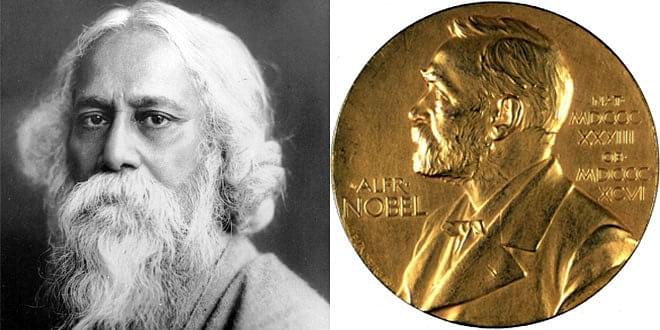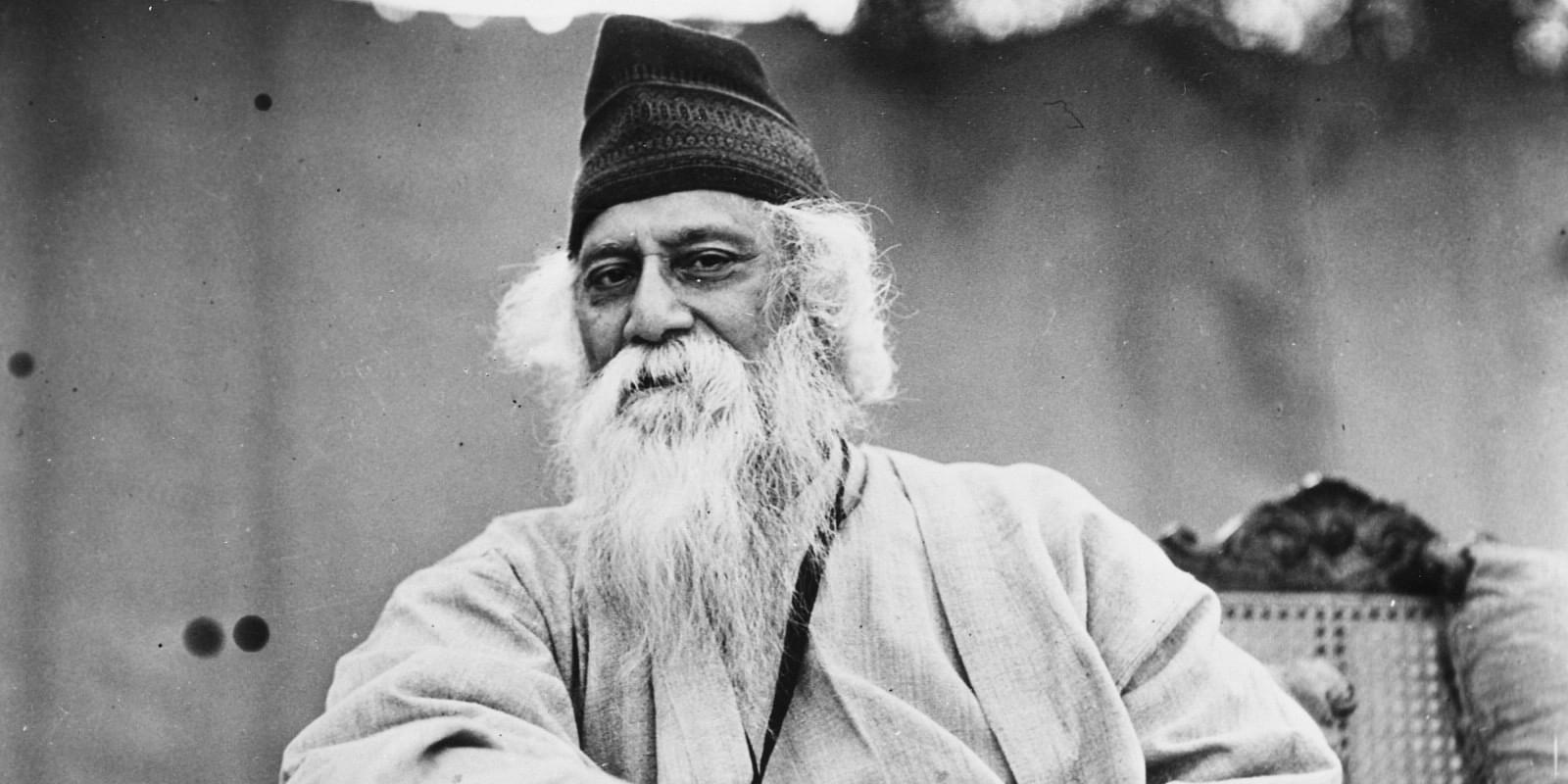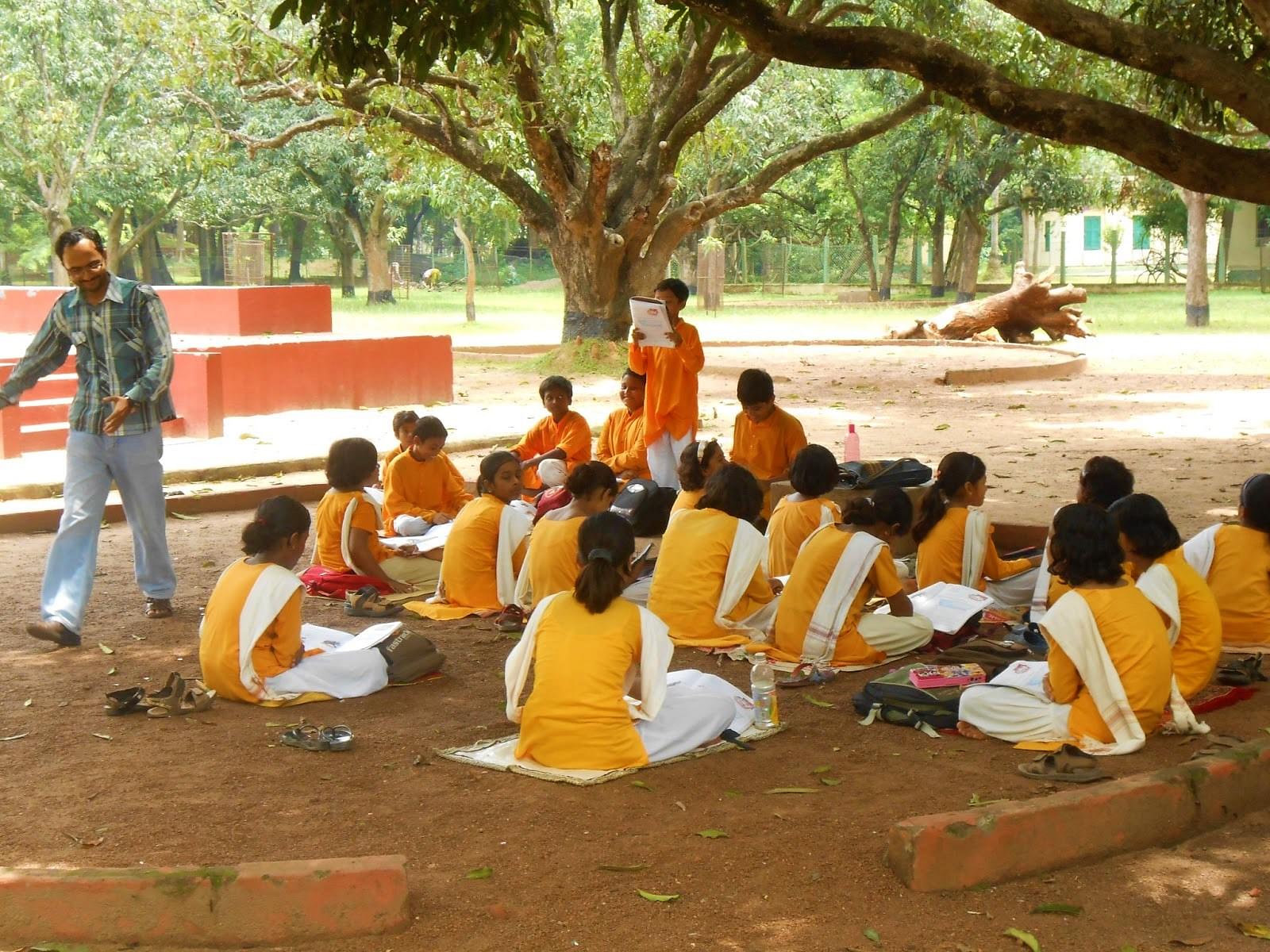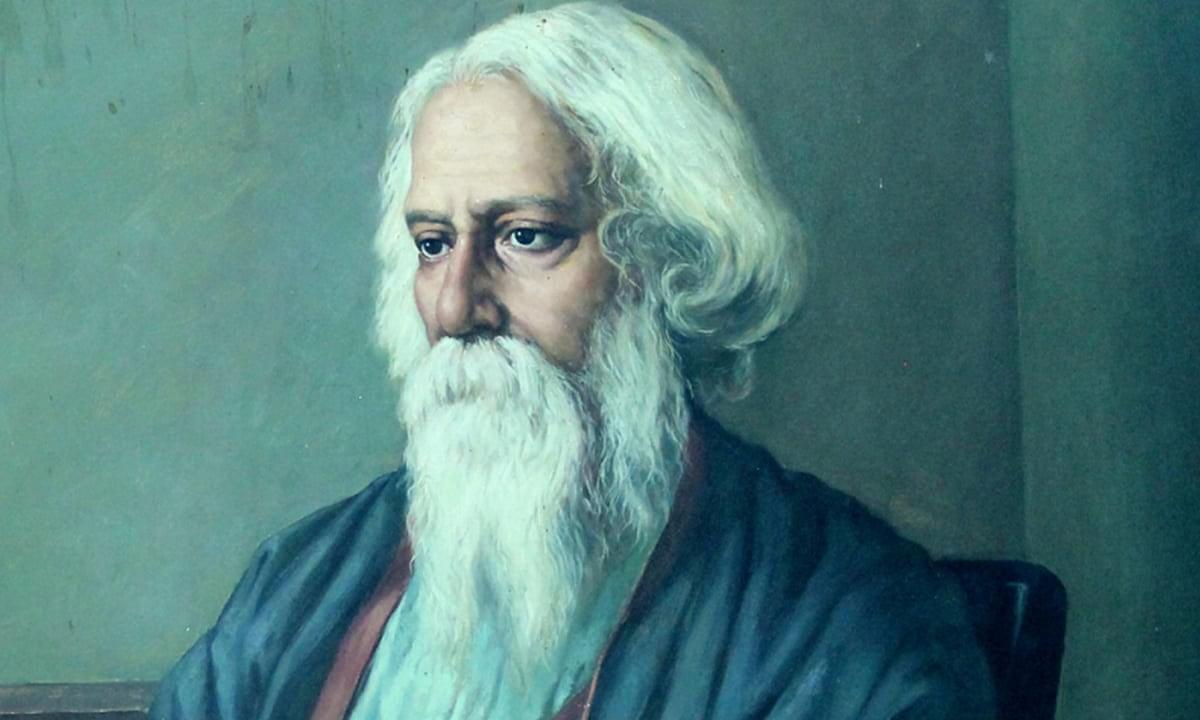10 Lesser Known Facts About Rabindranath Tagore Which Show His Prominence
A poet, musicians, writer and even a painter, rabindranath Tagore was one of the greatest minds of India. The first Asian to win a Nobel Prize, Tagore composed more than 2,000 songs and penned a large number of poems, stories, dramas, and novels. His works “Gitanjali” and “Jeevan Smriti” are still cherished today.
Nevertheless, are you aware of the fact that Tagore was red-green color blind? Many people think Tagore wrote 2 national anthems, however, the number is 3. There are many other interesting facts about this eminent personality who once even denounced his knighthood.
Also known as “Gurudev” and the “Bard of Bengal”, Tagore came from a notable Brahmo family and played a major role in introducing Indian literature to the world. As we celebrate the 159th birth anniversary of Tagore, let’s have a look at some of the lesser known facts about him.
1. First Non-European to Win a Nobel Literature Prize

Rabindranath Tagore wasn’t just the first Asian to win a Nobel prize, but also the first Non-European to mark his prominence in literature.
2. Tagore Inspired 3 National Anthems

Many people are aware that Tagore wrote 2 national anthems. “Jana Gana Mana” for India and “Amar Sonar Bangla” for Bangladesh. What many people don’t know is that he also inspired the Sri Lankan national anthem “Sri Lanka Matha”. Some even hold a view that Tagore composed the anthem in its entirety.
3. He Made a School From His Nobel Prize

Rabindranath Tagore invested his Nobel Prize money in constructing the “Visva-Bharati” school in Shantiniketan. The school ran on the Shantiniketan Education System and gave the nation many distinguished personalities, Amartya Sen, Satyajit Ray, and Indira Gandhi to name a few out of many others.
4. Preface of Gitanjali is Written by W.B. Yeats

The preface of Tagore’s most acclaimed work, Gitanjali, was written by another greatest poet of the 20th century, W.B. Yeats.
5. Tagore was Colour Blind

At the age of sixty, Tagore took up drawing and painting and many of his works were successfully exhibited throughout Europe. His strange colour schemes and off-beat aesthetics made people realize that he was red-green colour blind.
6. His Nobel Prize was Stolen

In 2004, Tagore’s Nobel Prize medal was stolen in a theft at Shantiniketan. The Swedish Academy gave him the award again in the form of two replicas, a gold and a silver.
7. In Conversation With Einstein

Tagore was once invited by Albert Einstein at his home. The two talked about religion and science and their chat has been documented in the “Note on the Nature of Reality”.
8. Tagore Worked on All Genres

Tagore wrote novels, short stories, poems, essays, verses, dramas, songs, and a lot of other stuff. He is believed to have worked on almost all kinds of genres.
9. Tagore was Knighted Once

King George V of England knighted Rabindranath Tagore in 1915 for his great contribution in the field of literature. However, following the tragic massacre at Jallianwala Bagh in 1919, he renounced his title.
10. Like Father, Like Son

Rabindranath Tagore was the son of Debendranath Tagore, the person who played a great role in influencing the Bengali Rennaisance. Likewise, Rabindranath Tagore played a crucial role in discovering Bengali Art, Literature, Music, and Theatre.
Latest Update: IPL Schedule 2022
Rabindranath Tagore is also credited with calling Gandhi Ji “Mahatma” for the first time. He was truly a person with an exceptional brain. According to a legend, even on his death bed, he was worried about the poems in his mind which he couldn’t write.










.jpeg?tr=w-306,h-153,c-force)



